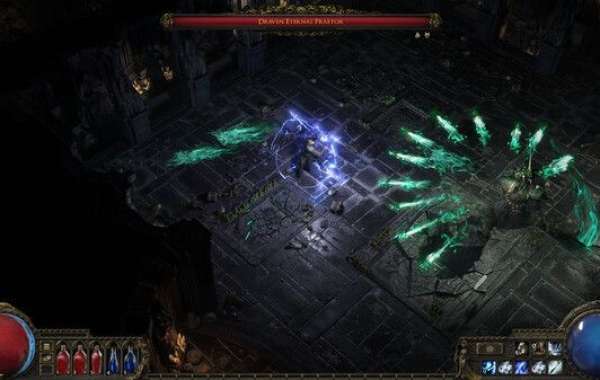Once you've completed your alcohol detox treatment, you may be wondering what comes next. While the experience is certainly rewarding, it's important to get prepared for the life you'll be leading after rehab. Here are a few things to keep in mind. After completing your alcohol detox, you'll have much more mental clarity, and a newfound zest for life.
Treatment options
Post detox treatment options can help people to get off substances and get back on the road to health. Depending on the nature of the addiction, individuals may need different types of detox programs. Some are inpatient and offer medical supervision. Other types of treatment centers offer outpatient care. Some centers focus on detoxification, initial intensive counseling, and preparation for community-based treatment.
Outpatient care offers counseling and behavioral therapies that can help patients to develop healthy coping mechanisms. This type of treatment is great for individuals who still have personal or professional responsibilities and don't want to spend the night in a rehab facility. However, it is important to note that this type of treatment is not recommended for those with severe withdrawal symptoms. This is because it is possible to experience life-threatening seizures, which can even be fatal.
Post detox treatment options may include medication. Patients may be prescribed benzodiazepines to help manage their anxiety and to prevent seizures. These drugs are central nervous system depressants that often have a high dependency potential. The benzodiazepines will be stopped once the detoxification period is over. SAMHSA recommends combining approved medications with behavioral therapies to help people recover from addiction.
Symptoms
Detoxification symptoms are the body's way of telling you that it needs a break from certain substances and foods. These symptoms can be mild to severe and occur during the first couple of days. They usually go away on their own after a few days. They include headaches, anxiety, restlessness, cravings, and more. If the symptoms persist for more than a few days, they may be a sign of withdrawal syndrome. People who detox from alcohol and other substances are especially susceptible to this syndrome.
Detoxification is necessary for the recovery of individuals who are battling substance abuse. Medical professionals can help people deal with withdrawal symptoms caused by drug use and addiction. There are drugs available that can help people deal with the symptoms and help them move on with their lives. However, medical detox is not for everyone.
The symptoms of detoxification can be very unpleasant. You may feel dizzy, have a headache, feel weak, and have an upset stomach. These symptoms can last for a few hours or several days, depending on how much toxic waste has been accumulated in your body. Although you may think that these symptoms are a sign that your detoxification is not working, they are actually signs that your detoxification program is working.
Inpatient or outpatient care
Whether to receive inpatient or outpatient care after detox depends on the individual's needs. Inpatient care typically involves staying in a hospital, but outpatient programs are more flexible. They often let patients continue to live at home or work, and they're much less expensive. For this reason, many people choose outpatient care.
Outpatient programs typically include individual counseling and use a step-down approach, meaning sessions become less intense as the patient improves. This method encourages the patient to maintain their recovery over time. Outpatient programs are also more affordable than inpatient care, and they can be flexible around a patient's schedule.
Both inpatient and outpatient rehab programs include addiction therapy. The purpose of addiction therapy is to help clients overcome their addictive behaviors. The therapy focuses on the underlying causes of addictive behavior. It also addresses co-occurring mental disorders through dual diagnosis treatment. Outpatient programs differ in their therapy techniques, but many include evidence-based methods and holistic approaches.
Support groups
A support group is a supportive community of individuals who are in the same stage of recovery. The rules and positive peer pressure in such groups reduce the risk of social isolation in individuals with substance abuse problems. Additionally, this environment can help individuals recognize their destructive behaviors and encourage recovery. This is an essential part of a person's aftercare plan.
There are many types of support groups. Some are non-profit, and some require small contributions for each meeting. Others may involve advertising and pressure to purchase products or services. Others may offer tangential services that cost extra. Although these groups can provide support, it is important to remember that they are not a replacement for therapy and other medical care. As such, it is important to work with medical professionals as a part of your recovery plan.
Many sobriety support groups operate with different philosophies and methods. For example, some focus on peer support, while others use the 12-step program. It is important to choose a group that focuses on the method most likely to help an individual stop drinking alcohol. Some groups also follow specific faith doctrines, and you should decide if you're comfortable with these before joining one.








